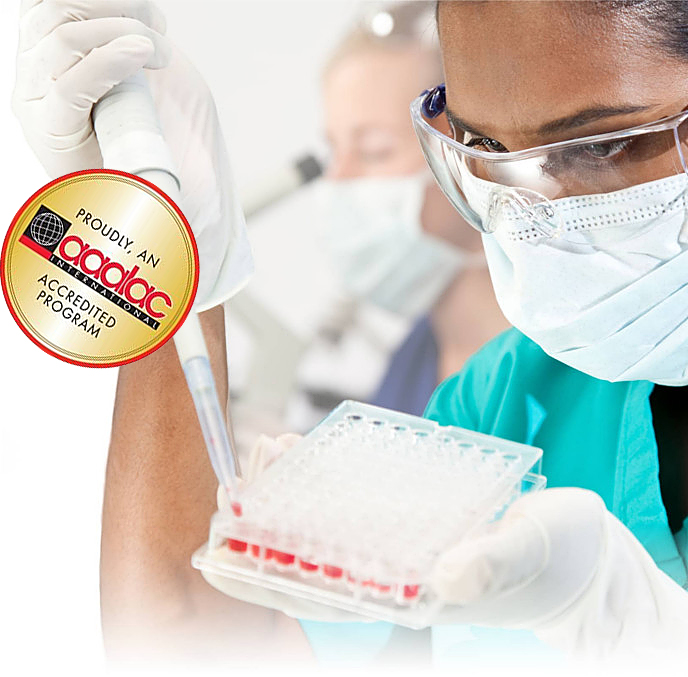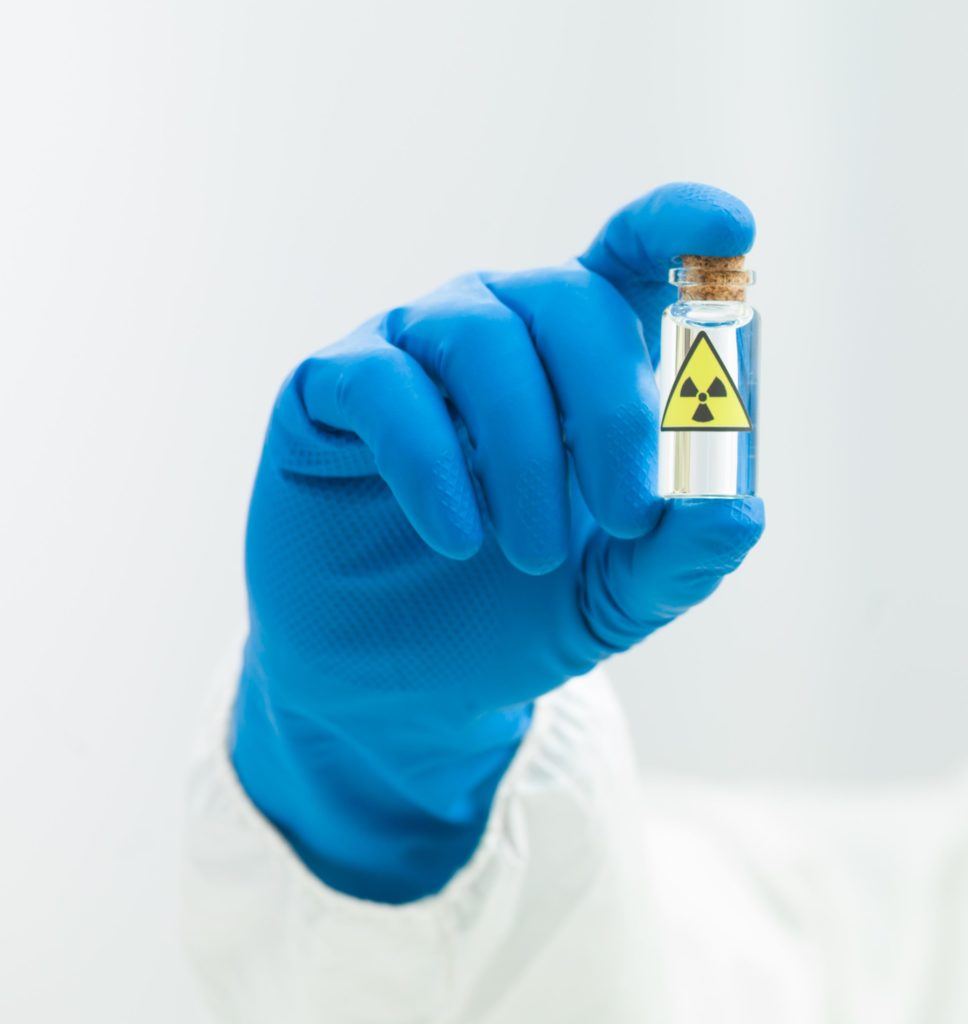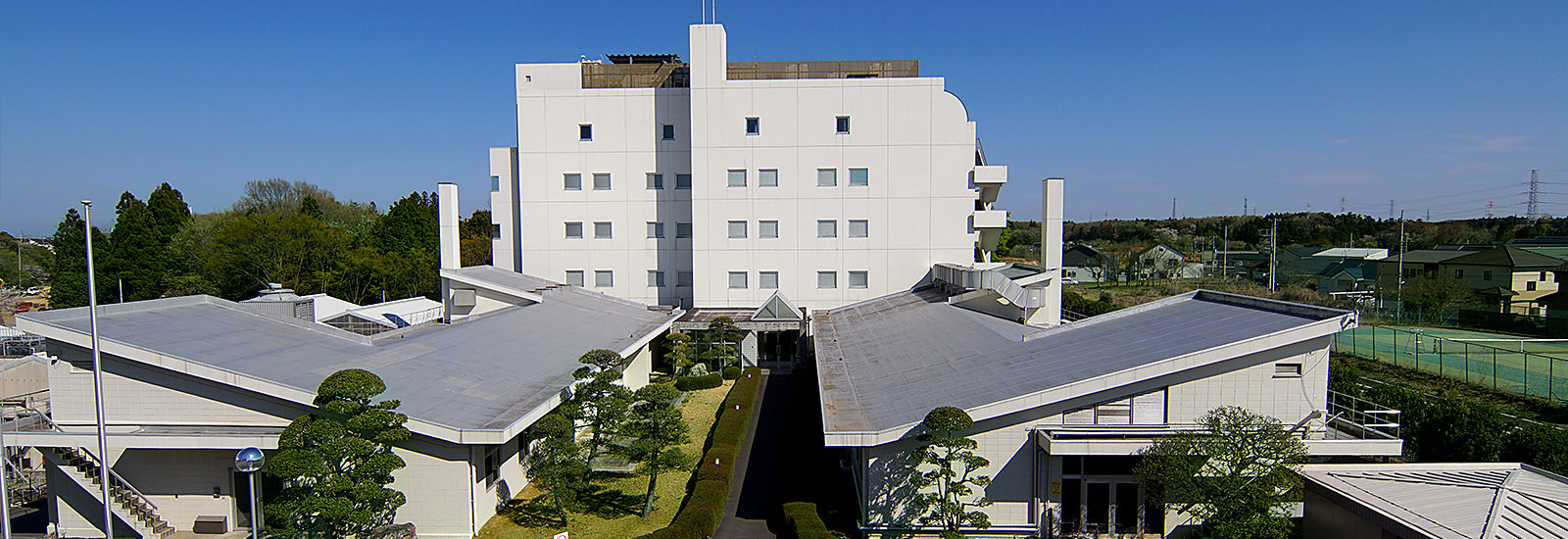The full process for developing a radiolabeled compound for ‘hot’ studies in drug development is a very delicate science– almost an art– which requires precision, in-depth knowledge of studies in which the compound will be used, and experience with mistakes and common pitfalls in the synthesis process. Our partners at the Drug Development Solutions Center have more than 50 years of experience with radiolabeled pharmaceutical compounds, both in synthesis and in radiolabeled animal studies for drug safety testing.

Radiolabeled Compound (Radioisotope) Synthesis
By choosing to work with an expert team with more than 50 years of radiolabeled compound synthesis and in vivo studies in pharmacokinetics and absorption, distribution, metabolism, and excretion (ADME), you can trust that your radioisotope (RI) work will be done with efficiency, saving you money and taking care of problem-solving you may otherwise have with a CRO of lesser experience.
Early-stage knowledge of the pharmacological effects of an investigational drug in the human body has become increasingly important to pursue during preclinical drug development in order to avoid costly late-stage clinical trial failures. For this reason, industry is more frequently conducting ADME studies in humans to better evaluate the performance of a drug early in the development pipeline (usually in Phase I).
In order to study a drug’s disposition, it is common to place a radioactive tag at a metabolically stable site on the investigational drug– sometimes called radioisotope or radiolabeling. Using the radioactive tag, we are able to identify any metabolites and detect structurally unidentified metabolites.

Performing radiolabeled compound synthesis at an early stage allows drug developers to make informed decisions about committing resources to the development of a chemical entity for commercial application, thereby reducing financial risk.
Our Approach to Radioisotope (RI) Synthesis / Radiolabeled Compound Production
Each study contracted with us goes through a designated XenoTech study director to facilitate work with our partners for in vivo and radiolabeled compound synthesis services. Our partner in Japan, the Drug Development Solutions Center (DDSC), has been accumulating experience in radiopharmaceutical production, custom synthesis of radiolabeled compounds, and in vivo ADME studies since 1965. Our RI synthesis service includes:
- Initial and ongoing consultation with expert radiochemists to determine synthetic route and yield at each step
- Synthesis guided by radioactivity required (mCi or MBq), isotope species, and specific activity (mCi/mmol)
- Careful, informed determination of labeling position
- Checks for chemical/radiochemical purity
- Certificate of Analysis issued for each compound synthesized in compliance with strict quality control
Radiolabeling Capabilities for Small Molecule / Protein / Peptide Xenobiotics
- 14C and 3H-labeled compound synthesis
- 14C-fermentation
- 3H, 33S, 35S, 90Y, 125I and 111In protein and peptide labeling
- Re-purification and stability test
- Storage / re-analysis
- Synthesis of biologically active substances
Related Content:
Access ADME is your portal to all of our scientific resources – check out all of our In Vivo/Radiolabeling related content, including information about regulatory expectations and expertise.
